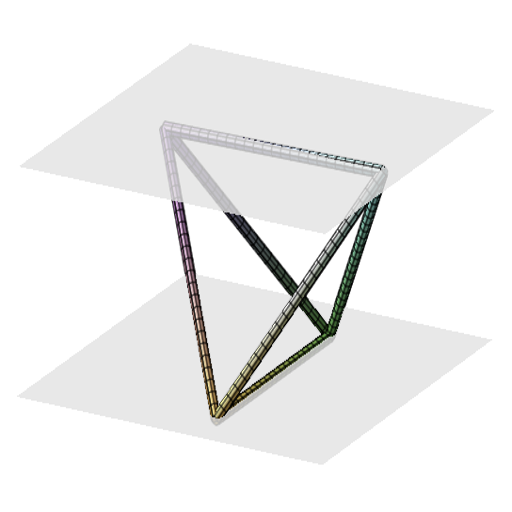The ancient Greeks defined the number as the ratio of the circumference of a circle to its diameter. Since then we’ve discovered that is incredibly important. It appears everywhere in physics, mathematics, and engineering. But how does one calculate it? is an irrational number, so it’s impossible to calculate perfectly precisely. Nevertheless, it’s important to have an accurate approximation. The Greeks originally calculated by taking a piece of rope or twine of known length, bending it into the shape of a circle and comparing the diameter of the circle to the length of the twine. Since then, many many
probability theory
Discrete Math / Mathematics / Science And Math
Probability: Part 1
Hi everyone! This week, I was traveling to Park City, Utah, to participate in the 3-week Park City Mathematics Institute. It’s currently a blast! I have more time now, but in the meantime, I asked my good friend Mike Schmidt to write a guest article for me. He wrote on probability which, if you’ve been reading for a while you know, is deeply connected to modern physics. Anyway, here’s the article. Thanks, Mike! The laws of Probability So true in general So fallacious in particular. ~Edward Gibson Probability is just so fantastic, I could eat it all up.
